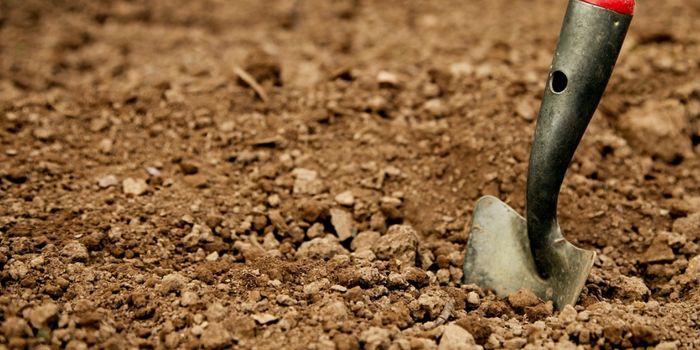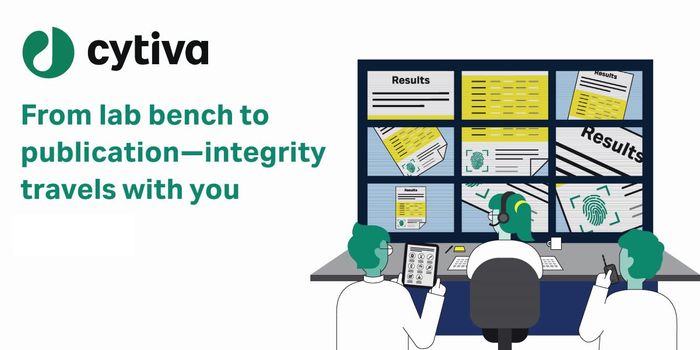A Mix of Baby Saliva and Breastmilk Helps Regulate the Developing Microbiome
Humans carry a trove of microorganisms around with us, on our skin, in our mouths, and in our guts, among other places. As we learn more about that microbiome, we are finding that those microbes have a powerful influence on our health, one which starts very early in our development. Factors that shape our microbiome in infancy appear to have a lifelong impact and researchers want to know more about the positive and negative influences on the developing microbiome. New research has shown that breastmilk is one of those factors; when saliva and breastmilk mix, they inhibit the growth of some microorganisms for up to 24 hours afterward.
This research, which was led by Dr. Emma Sweeney and Adjunct Associate Professor Christine Knox from QUT's Institute of Health and Biomedical Innovation, included colleagues at the University of Queensland and was published in Scientific Reports. The video above discusses the relationship between babies and bacteria.
"Our findings suggest that breastmilk is more than a simple source of nutrition for babies because it plays an important role in shaping a healthy oral microbiome," Sweeney said.
It builds on earlier work by the team that investigated the differences between the mouth bacteria of babies fed breastmilk or formula. Those groups of babies turned out to have very different microbial compositions. The researchers also found that as saliva combines with breastmilk, it encourages the innate immune system to synchronize with the oral microbiome in newborns.
"Our previous research found that the interaction of neonatal saliva and breast milk releases antibacterial compounds, including hydrogen peroxide. Breastmilk is high in an enzyme called xanthine oxidase which acts on two substrates found in babies' saliva. The release of hydrogen peroxide from this interaction also activates the lactoperoxidase system, which produces additional compounds that also have antibacterial activity, and these compounds are capable of regulating the growth of microorganisms,” Sweeney explained.
This new research showed that as breastmilk and saliva mix, they discourage the proliferation of any bacteria. "In this study, we exposed a variety of microorganisms to breastmilk and saliva mixtures, and found that the growth of these microorganisms was inhibited, immediately and for up to 24 hours, irrespective of whether the microorganism was considered to be pathogenic or commensal (normal) in an infant's mouth,” Sweeney noted.
Sweeney thinks that the mouth microbiome of infants has a significant impact on their health and well-being.
"Changes to these bacterial communities in newborns have important implications for infection or disease early in life. While adult oral microbiota are stable, our studies have shown that the microbiota in the mouths of newborns is much more dynamic and seems to be altered by the mode of feeding within the first few months of life," she said.
"The combination of breastmilk and saliva has been shown to play an important role in shaping the healthy oral microbiota during the first few months of life, but this also has significant implications for premature or sick babies who are fed via a tube,” she added. “In these cases, the mixing of breastmilk and babies' saliva does not occur, and so they do not receive the benefits of the antibacterial compounds released during breastfeeding.
"Other researchers have shown that hydrogen peroxide can remain active at pH levels similar to that of a baby's stomach, so we think that this antimicrobial activity seen in the mouth may also continue within the baby's stomach and intestines.”
As we learn more about the oral and gut microbiome of the infant, we may be able to help ensure that every baby is building a healthy one.
The video above discusses recent research from UCLA on how breastfeeding impacts the infant microbiome.
Sources: AAAS/Eurekalert! Via Queensland University of Technology, Scientific Reports








